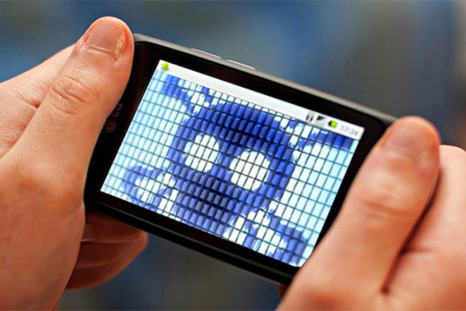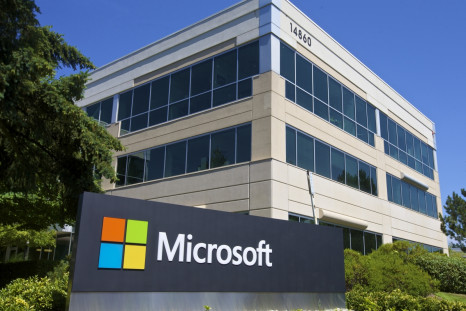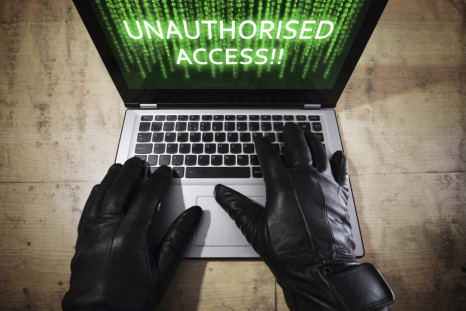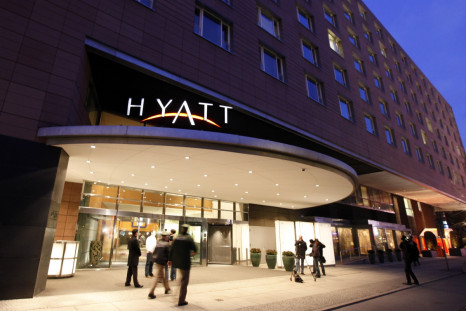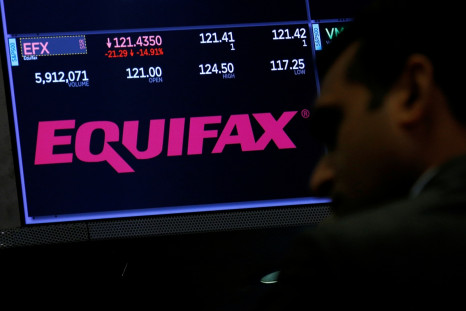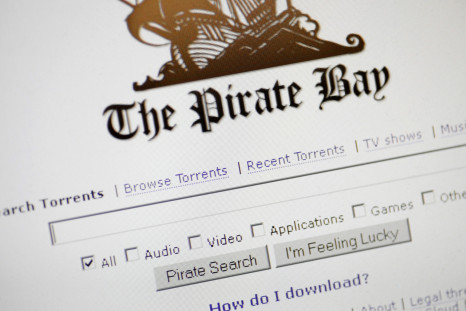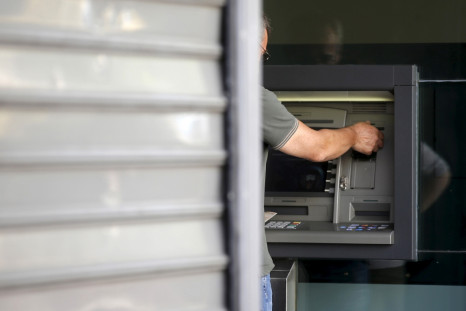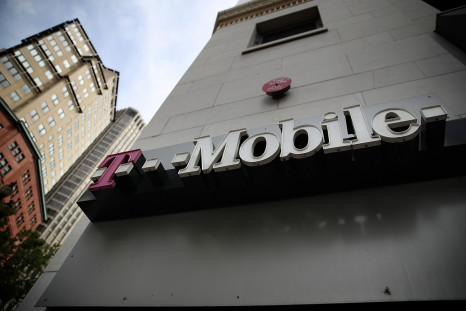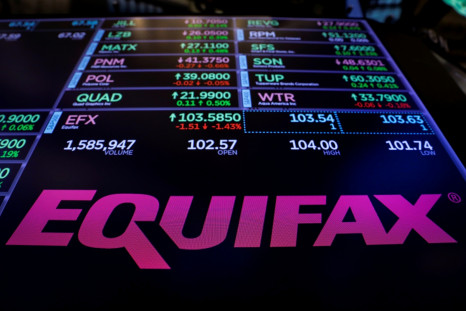Home
> hacking
hacking
Leviathan: Hackers targeting international governments to steal defence and military secrets
The hacker group has been active since 2014 and is particularly interested in naval industries, primarily focusing on targets in the US, Western Europe and the South China Sea.
8 'Minecraft' apps infected with Sockbot malware on Google Play found adding devices to botnet
Symantec researchers said these infected apps were downloaded between 600,000 and 2.6 million times.
Dark Web: Hackers are selling customised ATM malware that comes complete with video tutorials
Hackers have now reportedly launched a new site called ATMjackpot that sells a modified version of CutletMaker, complete with video tutorials on how to successfully exploit it.
Bluetooth butt plug 'hacked and activated' by cybersecurity enthusiast
A researcher has posted video of the Lovense sex toy being sent commands via his computer after what he says began as a 'joke' with another researcher.
More than 30 million South African identities exposed online in massive 27GB data breach
The 27GB-sized cache was titled "MasterDeeds" and contained millions of records. The leaked records reportedly date back to the late 1990s.
Could North Korea be framed for global cyberattacks?
According to reports, the hermit kingdom's hacking unit has swelled to 6,000-people strong - conducting operations even as the country's internet remains weak.
What is Hacker's Door? Old sophisticated Chinese Trojan resurfaces after more than a decade
The newer version of the remote access trojan (RAT) has been updated to run on modern operating systems and 64-bit platforms.
Hackers stole data on critical Windows security bugs - and Microsoft didn't tell anyone
Microsoft believed that no customer was put at risk by the loss of data. As a result, officials decided not to tell the public about the breach.
Adobe Flash vulnerability exploited by BlackOasis hacking group to plant FinSpy spyware
BlackOasis targets various figures involved in Middle Eastern politics, including people in the UN, opposition bloggers, activists and regional news reporters, researchers said.
Lazarus: North Korean hackers suspected to have stolen millions in Taiwan bank cyberheist
Security experts say the attack was reminiscent of the infamous $81m Bangladesh Bank cyberheist, with similar malware and hacking tools used.
We Heart It hacked: Personal data of more than 8 million accounts compromised in data breach
The company said it was alerted by Troy Hunt, security expert and founder of the data breach notification website Have I Been Pwned.
Taxpayers targeted by spam emails posing as HMRC to take control of computers
The spam email campaign was sent from domains that closely resembled those used by the legitimate HMRC – in this case it was using hmirc-gov.co.uk, Trustwave experts said.
Pizza Hut hack: Thousands of customers' data stolen as users report fraudulent card transactions
Pizza Hut said that its website was compromised and hackers stole some of its customers' card data between 1 and 2 October.
Iran blamed for the 12-hour long 'brute force' cyberattack on UK Parliament in June
The news comes as US President Donald Trump refused to certify the landmark 2015 Iran nuclear deal, which he has continued to describe as a "terrible" deal.
North Korea, iOS hacking and PornHub's malware fling: This week in cybersecurity
From the Accenture cloud server snafu to the North Korean military missions - here are IBTimes UK tech team's pick of the biggest cybersecurity stories of the week so far.
Android DoubleLocker ransomware changes your phone's PIN and locks down data and device
DoubleLocker is based on a banking trojan and could become a "ransom-banker" that tries to wipe out victims' bank or PayPal accounts.
Subaru key fobs can be 'hacked' and used to unlock cars for just $25
A computer engineer found the Subaru key fob's rolling code – the internal system used to securely lock and unlock car doors – was "predictable".
Hyatt Hotels data breach: Hackers accessed visitors' credit card info from 41 hotels in 11 countries
The largest number of Hyatt properties impacted were based in China with 18 hotels.
Equifax's website served up malicious adware disguised as a fake Adobe Flash Player update
The incident comes a month after Equifax disclosed that it suffered a massive breach that compromised valuable personal and financial data of 145.5 million Americans.
UK cyber police arrest two 17-year-olds on suspicion of £25,000 hacking heist
The case reportedly relates to the alleged hacking of a Tunbridge Wells firm in April this year, which resulted in one of its clients losing £25,000 via fake invoice.
New Netflix phishing campaign sees hackers targeting business emails to steal your credit card data
Security experts say that the cybercriminals operating this scam have also been targeting customers of Wells Fargo, Comcast Chase Bank and TD Bank since June.
The Pirate Bay is running a cryptocurrency miner that hijacks users' computers with no opt-out option
The internet's largest torrent portal is running Coinhive, which currently runs alongside the site's ads and mines Monero.
Hackers using ATMii malware to hack ATM machines into spitting out all stored cash
The malware, which security experts uncovered in April, only targets ATM machines running Windows 7 and Windows Vista.
T-Mobile website bug may have exposed millions of customers' personal data to hackers
A security researcher described the incident as a "very critical data breach, making every T-Mobile cell phone owner a victim".
North Korean hackers suspected to have targeted US electric power companies
Security experts suspect the attack was an "early-stage reconnaissance" mission instead of a disruptive cyberattack.
Equifax: Hackers stole over 15 million UK records, nearly 700,000 British users affected
The data targeted by the hackers contained records dated between 2011 and 2016. The NCSC issued out a statement advising affected users on how to handle the breach.
Accenture data leak: 'Keys to the kingdom' left exposed via multiple unsecured cloud servers
Accenture left at least 4 cloud servers publicly exposed, leaving sensitive corporate and customer data potentially freely accessible to hackers.
Hackers stole over $40m from several banks in an elaborate ATM hacking campaign
The hackers used specialised malware to leave no trace of their activities, their "tradecraft" suggesting involvement with an organised cybercrime group.
What is FormBook? New malware hits defense, aerospace and manufacturing firms in US and South Korea
The malware has been sold in underground hacking forums with prices ranging from $29 a week to $299 for a full-package "pro" deal.
Hackers using new 'ingenious' KnockKnock method to attack firms in over a dozen countries
The attack allows hackers to infiltrate firms' Office 365 accounts by attempting to "knock" on backdoor system accounts.



